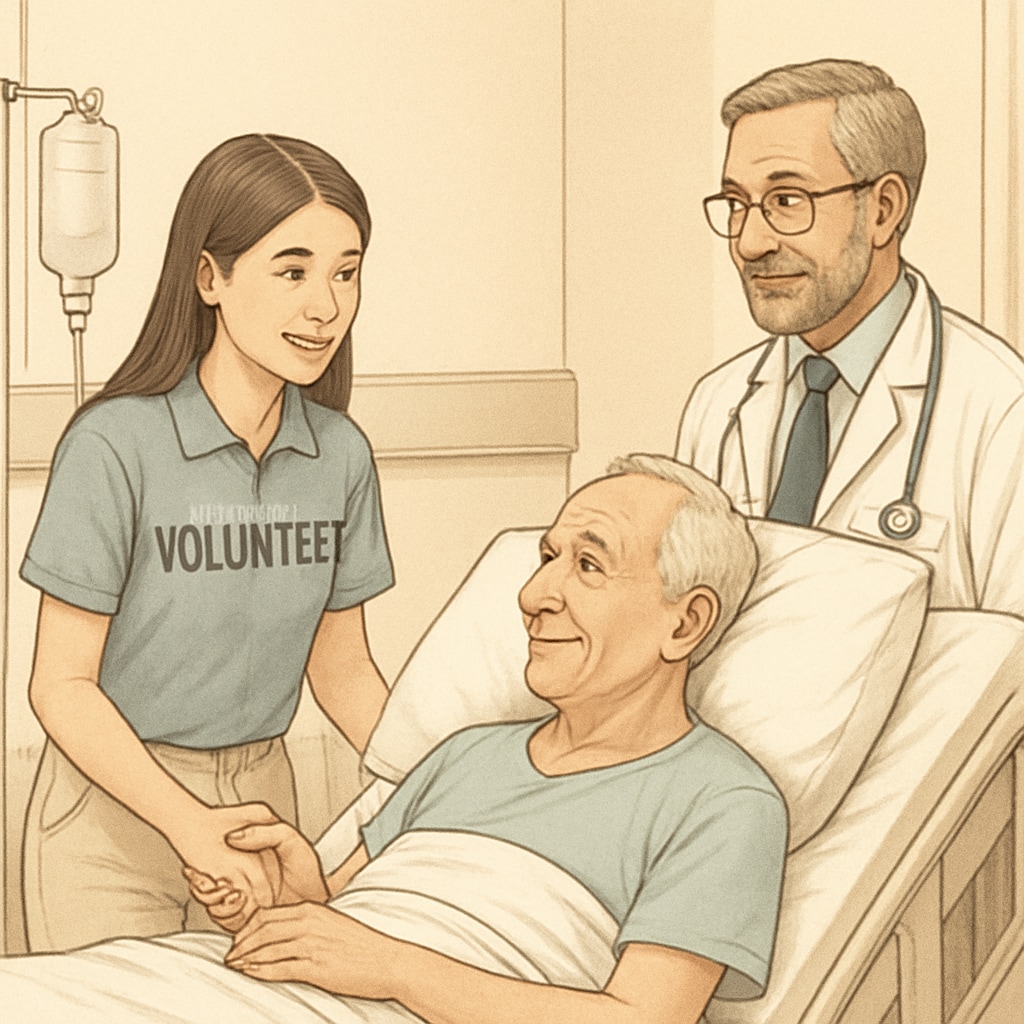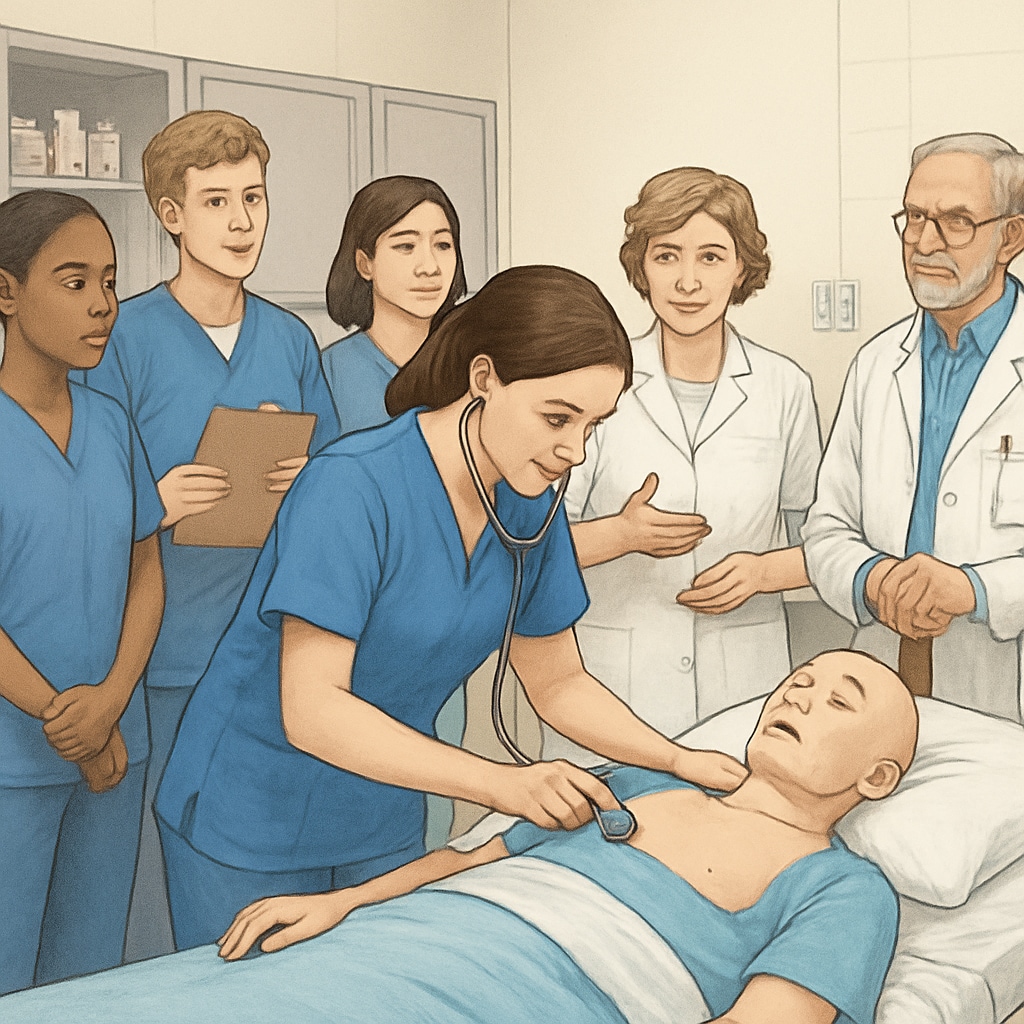Preparing for a career in nursing requires careful planning and dedication, but it doesn’t mean sacrificing a vibrant campus life. From selecting the right nursing programs to navigating college transfers and gaining hands-on EMT experience, finding the right balance is vital. This article will guide you through strategies to blend academic success with personal growth as you work toward your dream career in healthcare.
Early Career Planning: Setting the Foundation in K12
Planning for a career in nursing begins well before college. During the K12 years, students can lay a strong foundation by focusing on science and math courses, such as biology, chemistry, and anatomy. These subjects build the knowledge base required for future nursing education. Additionally, volunteering at hospitals or shadowing healthcare professionals can provide early insights into the profession and inspire career goals.
In addition to academics, extracurricular activities are equally important. Participating in clubs, sports, or student government helps develop teamwork, leadership, and communication skills—qualities that are essential in nursing. Striking a balance between academics and extracurriculars ensures well-rounded development and prepares students for the demands of nursing school.

Choosing the Right Nursing Program and Considering College Transfers
When transitioning to college, selecting the right nursing program is crucial. Prospective students should research programs accredited by organizations such as the Accreditation Commission for Education in Nursing (ACEN) or the Commission on Collegiate Nursing Education (CCNE). These accreditations ensure a high standard of education that aligns with industry requirements.
For some students, transferring colleges may be part of their journey. Factors such as campus culture, program reputation, and geographic location often influence this decision. When considering a transfer, it’s essential to understand credit transfer policies and ensure that prerequisites align with the new institution’s requirements. College advisors can be valuable resources in navigating this process.
In addition, many nursing programs value prior healthcare experience. For students considering a transfer, obtaining certifications such as Emergency Medical Technician (EMT) can bolster applications. EMT experience not only enhances practical skills but also demonstrates commitment to the field of healthcare.

Balancing Academics and Social Life in College
While academic success is vital, maintaining a balanced social life is equally important for personal well-being. College offers opportunities to form lifelong friendships, pursue hobbies, and develop interpersonal skills. Engaging in campus activities, such as joining nursing-related organizations or participating in volunteer initiatives, can enhance both social and professional growth.
Time management is key to achieving this balance. Creating a structured schedule that prioritizes coursework while leaving room for relaxation and socialization can prevent burnout. Utilizing campus resources, such as tutoring centers or mental health services, can also support students in managing stress and staying on track.
Finally, building relationships with peers, professors, and mentors fosters a supportive network. These connections can provide guidance, encouragement, and even future career opportunities as students progress in their nursing journeys.
Gaining Practical Experience: The Value of EMT Certification
Hands-on experience is an invaluable component of nursing education. Becoming an EMT is an excellent way to gain practical skills and exposure to emergency medical scenarios. EMT certification allows students to work in real-world healthcare settings, where they can practice critical thinking, quick decision-making, and patient care.
Many nursing programs view EMT experience as a strong asset. It demonstrates a proactive approach to learning and a commitment to developing clinical expertise. For students balancing EMT work with academic responsibilities, effective time management remains essential. However, the rewards of gaining firsthand experience in the field far outweigh the challenges.
In addition to EMT certification, students can explore other opportunities such as internships, research positions, or part-time roles in healthcare facilities. These experiences provide valuable insights into the nursing profession and enhance resumes for future job applications.
Readability guidance: Use short paragraphs and bullet points to summarize key takeaways. Focus on clear transitions and a logical flow of ideas. Incorporate practical advice for students preparing for nursing careers while balancing academics and personal growth.


